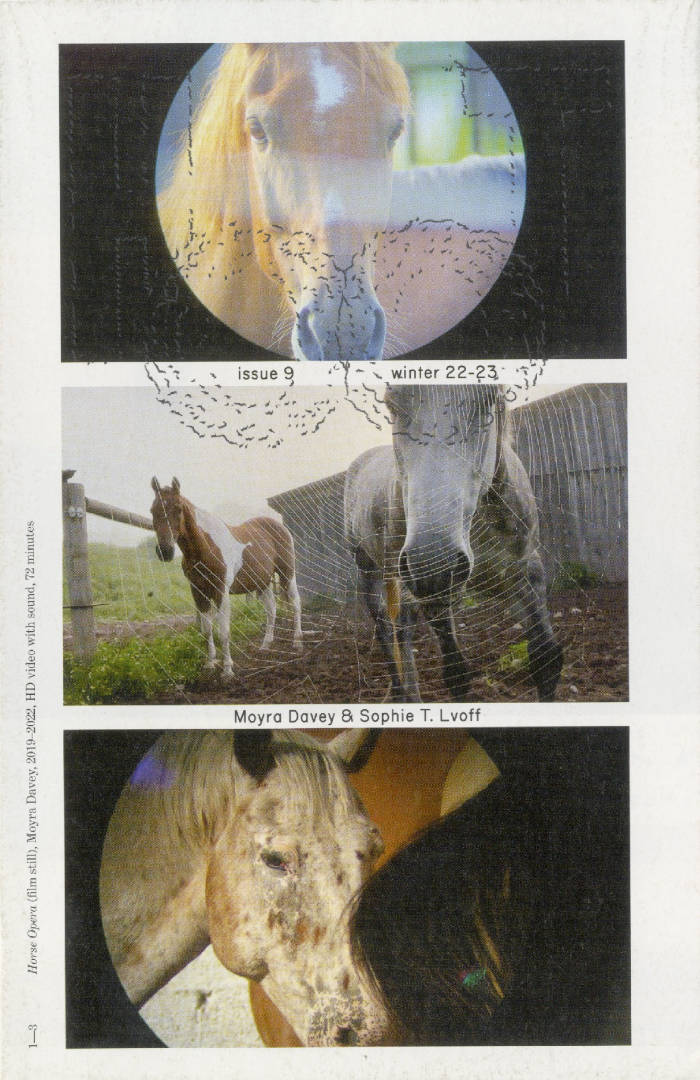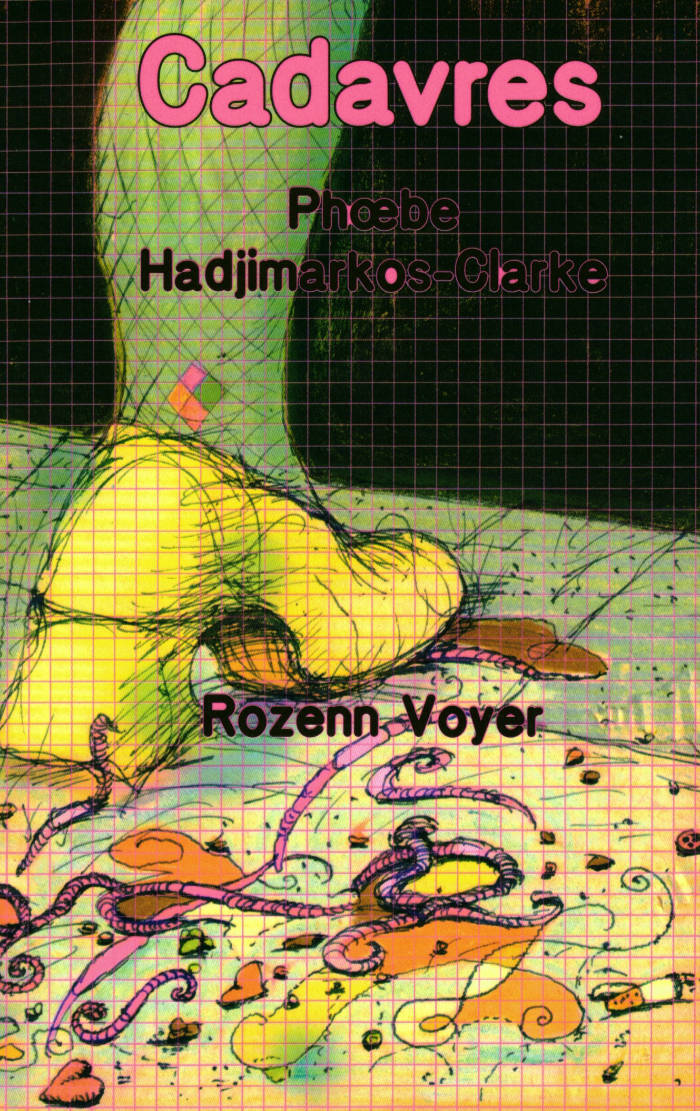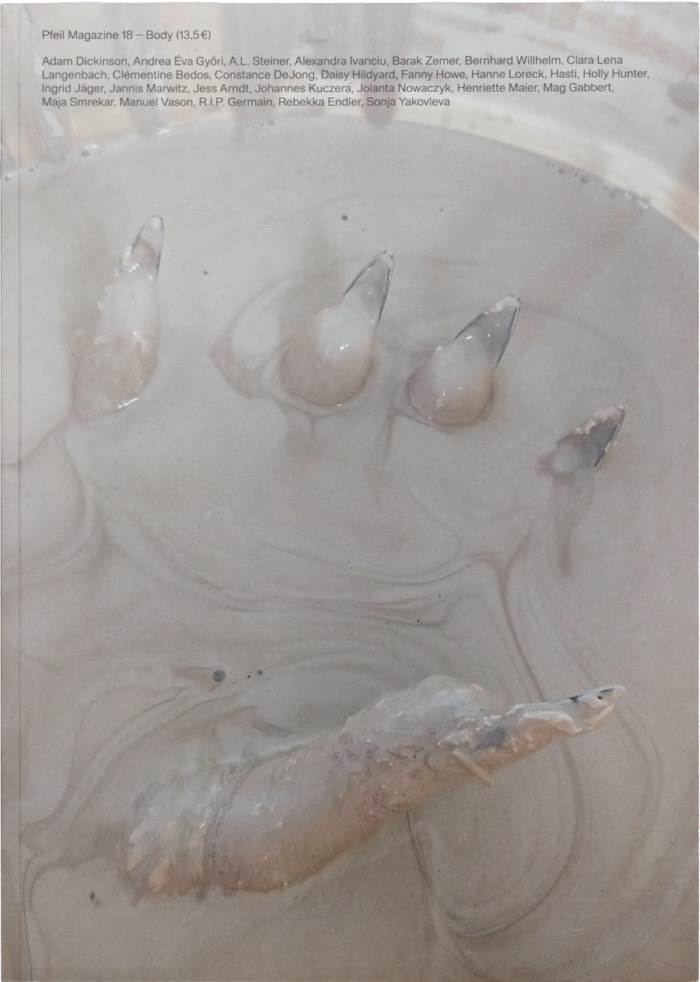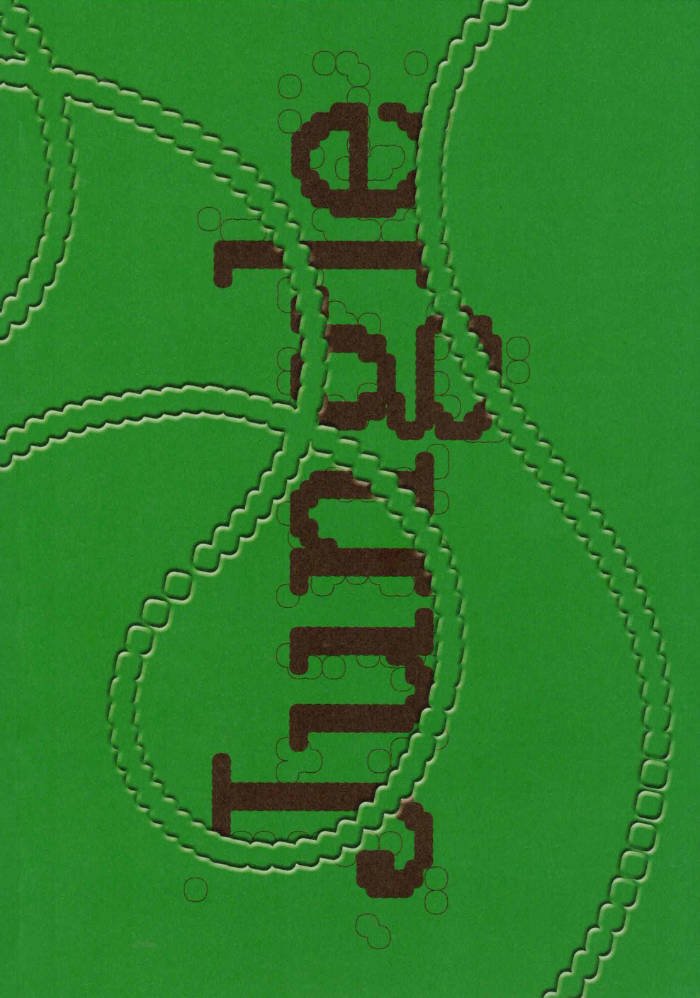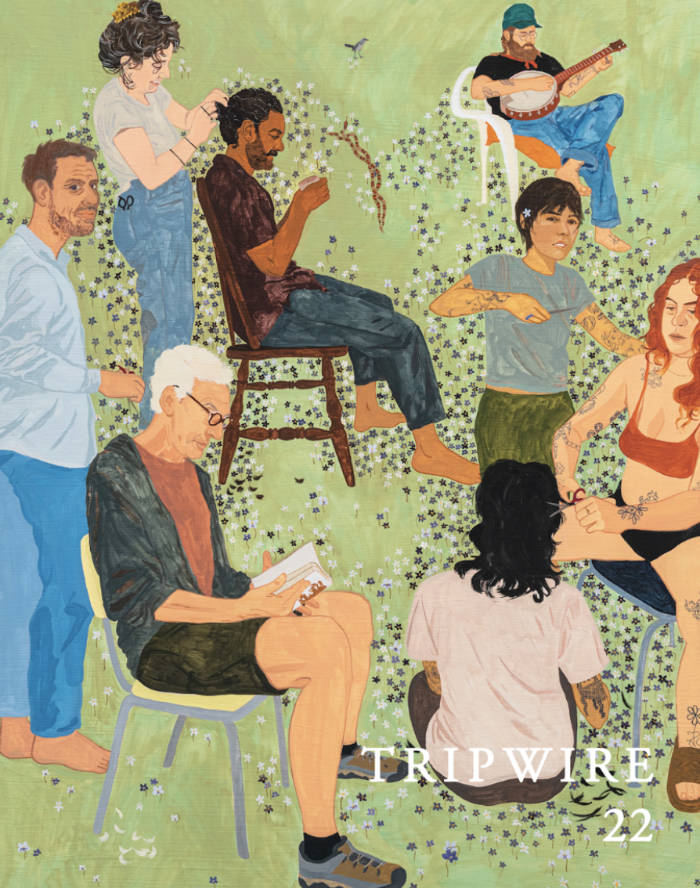
HOOT nr. 1 — Fanny Lallart
Gufo ed., Clément Faydit ed., Rozenn Voyer ed.
Dans ce numéro, nous avons échangé et discuté des pratiques de Fanny Lallart, de la revue SHOW, d'autonomie, de visibilité, de feinte, d'amitié, d'écriture et de travail.
Gufo a rencontré Fanny après qu’elle ait déposé quelques revues SHOW à Giselle’s Books, une bibliothèque indépendante à Marseille. Nous nous sommes retrouvé·e·s au parc Longchamp et puis iel lui a proposé de participer à la revue pour le mois de mai. Iel a attendu quelques jours sa réponse et nous avons convenu d’un rendez vous en visio pour une première conversation: Marseille – Montreuil. Nous avons enlevé les caméras après s’être vu·e·s et nous avons commencé à échanger. Il était 18 ou 19 heures, le soleil s’est couché et nous avons raccroché. Nous nous sommes rappelé·e·s, il fallait revenir sur certains points abordés, les détailler et en démasquer d’autres. Fanny n’était plus à Montreuil mais chez des ami·e·s plus au sud; il y avait une montagne, parfois un peu de vent, c’était peut-être les Cévennes. Notre dernière rencontre s’est faite à Marseille, irl. Fanny nous a apporté un Cash, un jeu de loterie à gratter mais nous avons perdu.
HOOT est une conversation imprimée, une relation orale retranscrite avec un·e travailleur·se du champ de l’art, un·e collectif·ve autour de la notion de travail en tant qu’activité, méthode, environnement, milieu, symbole et nécessité. Chaque mois, entre le 1 et le 31, qu’il s’agisse d’un mercredi ou d’un dimanche, HOOT propose à ses lecteurs·rices, une discussion que nous espérons passionnée, à bouches déliées. Chaque numéro sera retranscrit selon la langue utilisée et partagée lors de la conversation.
HOOT est une revue mensuelle initiée par Gufo, Clément Faydit et Rozenn Voyer.
Language: French
